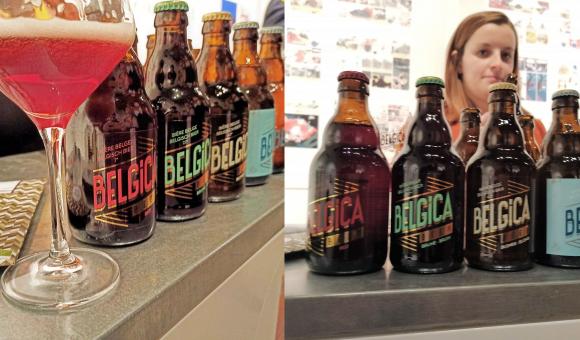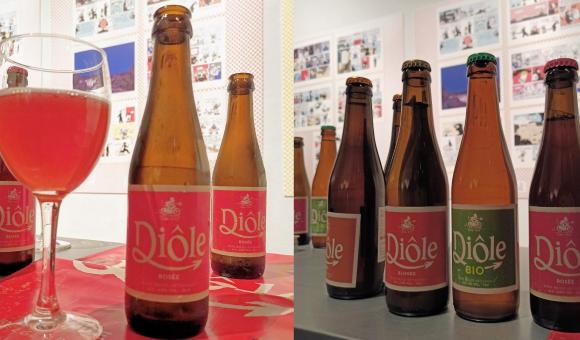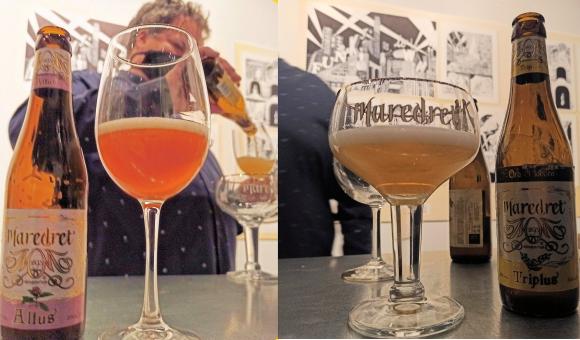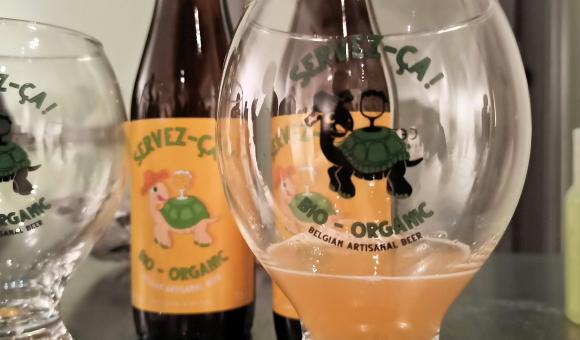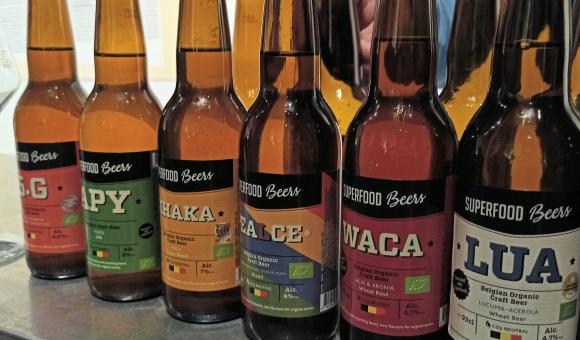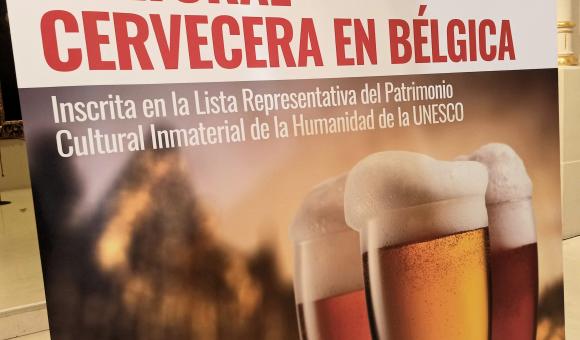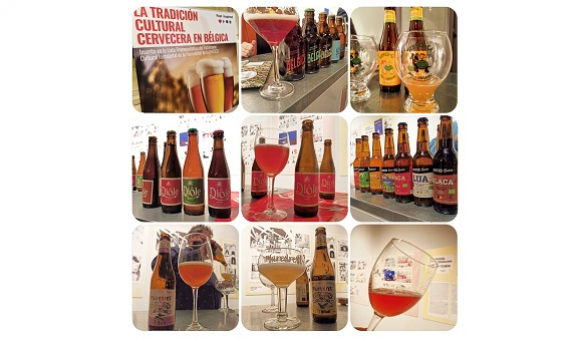
The Belgian gastronomy has a good number of local products that are highly appreciated and known by almost anyone, whether or not they have visited Belgium: chocolates, mussels, french fries, waffles... But if there is a product with a lot of tradition and rooting in Belgium, and which has managed to cross all borders to conquer palates around the world, is undoubtedly beer. Brewing in Belgium dates back several centuries, with the earliest confirmed traces of beer production in the country around the 12th century. Both monasteries and farms have played a very important role in the development of Belgian beer culture, being authentic brewing centers and places of birth of some local styles such as abbey beers, lambics and saisons.
Beer is so relevant in Belgium that, in 2016, UNESCO decided to include it on its list of Intangible Heritage of Humanity, thus recognizing its cultural tradition, history and integration into the daily life of Belgians. There are more than 250 active breweries in Belgium nowadays, which produce about 1,500 different beers of very diverse styles. 40 % of them are produced in Wallonia, and they are an excellent way to learn more about the region's traditions, its innovative spirit and culture. Do you want to discover some of the best Walloon beers?
We start this small beer route through Wallonia in the town of Mons, where the Brasserie de Londres-Mons is established. This microbrewery produces several of the most popular and consumed beer styles in the country under the Belgica brand. An example is their Wheat Beer, a very light, pale and refreshing Blanche-Witbier style beer, with spices such as coriander and citrus peel frequently added. The brewery catalog also includes other highly appreciated styles, such as the Belgian Brown Ale, the strong Tripel or the Fruit Beer with cherries, and they even prepare a special beer for Christmas in the winter months.
In the town of Irchonwelz we will visit the Brasserie des Légendes brewery, with a wide range of 90 different beers, combining traditional styles with more modern and risky ones. A good option is to try the Servez-ça, a Blonde Ale craft beer of bio-organic production and with 7 degrees of alcohol. It is a golden and cloudy beer, simple and very easy to drink, in which the notes of cereal grains are combined with a citrus touch provided by the hops.
Just a few kilometers away, in the town of Basècles, two friends decided to set up their own microbrewery ten years ago, after a motorcycle trip visiting the main Walloon breweries. Since then, the Brasserie des Carrières has been producing craft beers with natural products from the region. For instance, the barley that they use is grown in a field just one kilometer away from the brewery, and is processed in a malt house located in a castle seven kilometers away. Even the beer brand name, Diôle, comes from a regional dialect word referring to a tool used in the local marble industry. Among their recipes stands out the Diôle Rosée, a striking ruby-red beer produced with natural fruit juices and no added sugar.
Belgian brewing history would not be the same without the abbeys and monasteries that developed the beer production during the Middle Ages, and that still brew some of the best beers in the world nowadays. Martin’s macrobrewery has collaborated with the nuns from the Benedictine Abbey of Maredret to create two monastic-inspired beers that pay homage to the catholic saint Hildegard of Bingen, a scholar who pioneered the use of hops in brewing. The Maredret are beers with a base of spelt and produced with different plants, herbs and spices. While the Maredret Altus is an amber Belgian Pale Ale made with clove and juniper berries, the Maredret Triplus has an intense spicy aroma and an acid touch thanks to the coriander, sage and bay leaf.
We conclude this beer route in the same city where we started it, the Walloon town of Mons. Superfood Beers has been established there, a peculiar microbrewery that uses superfoods as fundamental ingredients in its recipes, prioritizing care for the environment and nature in the brewing process. They make an IPA with yuzu, a Tripel with maca, a Wheat Beer with lucuma and acerola, a Brown Ale with carob, or a very curious and attractive Belgian Blonde called 5G that contains five different superfoods which name start with G (ginger, guarana, galangal, ginkgo and goji).
I hope that this short review of some of the many beers currently produced in the region has encouraged you to visit Wallonia, because if you are a lover of beer and its culture as I am, it will surely be an unforgettable trip. And if you cannot get there for now, a good way to do it in a virtual way is to choose, open and enjoy a good Walloon beer. Santé!
